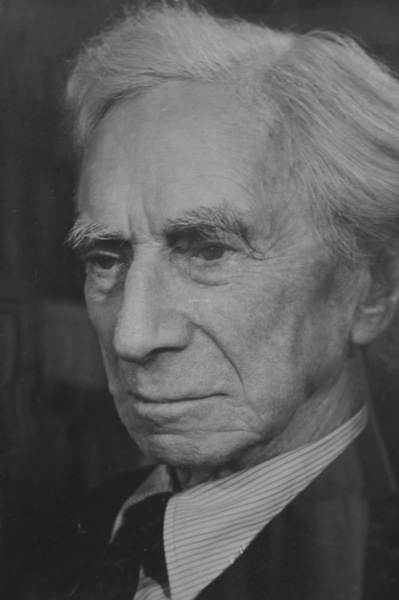Oaf Tobark …
Labels: Apple, Books, Education, Literature, People, Personal, Science, Technology
This blog is best viewed with the latest browser and an open mind!

(This is unlike the various forms of Kulliaat of Faraz published, with incremental verses, while he was alive … and, recently, Fahmida Riaz's Kulliaat, although I hope to see her writing many more verses).My first reaction to seeing his work was of utter amazement. Published in 1949, I read Zanjeerayñ about 3 years later - when I was just 12 - and could not stop. Since then I bought every book he published: Roshni; Shehré Azar; Mauj Meri Sadaf Sadaf; Garaybaan; Qabaaé Saaz — and, of course, his posthumously published Kohé Nida.
It is a significant fact that the Book of God does not prescribe any punishment for apostasy. Many Muslims would immediately say, The Qur`an does not tell us everything. We need to go to the Hadith to find guidance on matters not touched by the Qur`an. But while this is true of matters of detail, this is not true of fundamental issues. God knew that while the Qur`an would be preserved faithfully, the authenticity of ahadith will remain subject to doubts in most cases. Therefore, he would make sure that all the basic teachings would be included in the Qur`an while leaving some details to ahadith so that the size of the Qur`anic text remains manageable for memorization. Looked in this way the absence in the Qur`an of any punishment for apostasy becomes very significant.The punishment for apostasy is not a detail that we can expect God to leave for ahadith, especially if that punishment is death, since taking the life of a person, if done without a just cause, is regarded by the Qur`an as tantamount to killing all human beings (5:32). Even lesser penalties for theft (cutting of hands, 5:38), illicit sexual intercourse (100 lashes, 24:2), and unsubstantiated accusation of adultery (80 lashes, 24.4) were not considered by God as matters of details to be left to the ahadith. Therefore there is no reason why God would consider the more serious penalty of death for a more serious sin of apostasy as a matter of detail to be left to ahadith.It is also significant that the Qur`an refers to apostasy several times (2:217, 3:86-90, 4:137, 9:66, 9:74, 16:106-109, 4:88-91, 47:25-27) and yet does not prescribe any punishment for it. Had the Qur`an not mentioned apostasy at all, we could have perhaps argued that there was no occasion for the Qur`anic revelation to deal with this subject and it was therefore left for the Holy Prophet to deal with.